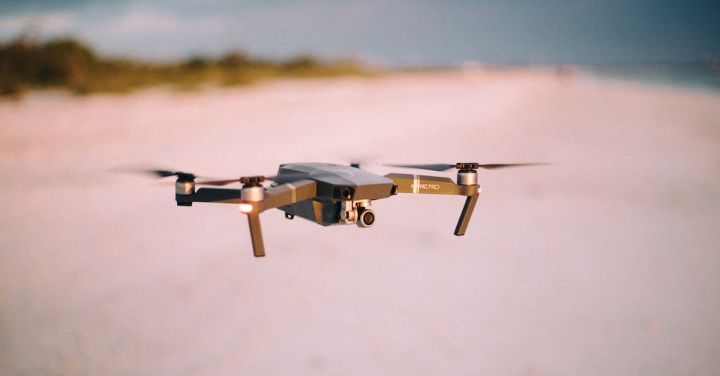In a world increasingly driven by technological advancements, it is no surprise that even the age-old mode of transportation, railways, is being redefined with cutting-edge technology. From faster trains to smarter systems, the railway industry is undergoing a revolution that promises to enhance efficiency, safety, and overall passenger experience.
One of the most significant advancements in railway technology is the development of high-speed trains. These trains are capable of reaching speeds of over 300 kilometers per hour, reducing travel times dramatically. They are equipped with state-of-the-art aerodynamic designs, allowing them to slice through the air with minimal resistance. Additionally, advanced propulsion systems, such as magnetic levitation, eliminate the need for traditional wheels, resulting in a smoother and more comfortable ride.
But speed is not the only aspect being redefined by technology. Safety is also at the forefront of innovation in the railway industry. One of the groundbreaking technologies being implemented is the use of artificial intelligence (AI) and machine learning algorithms to monitor train operations in real-time. These systems can detect anomalies, predict potential failures, and even prevent accidents before they happen. By continuously analyzing vast amounts of data, AI-powered algorithms can identify patterns and trends that human operators may overlook, ensuring the highest level of safety for passengers and railway personnel.
Another technological advancement that is redefining railways is the implementation of smart ticketing systems. Gone are the days of standing in long queues to purchase a ticket. With smart ticketing, passengers can now seamlessly access trains using contactless smart cards or mobile apps. These systems not only streamline the ticketing process but also provide invaluable data for railway operators. By analyzing passenger flow and travel patterns, operators can optimize train schedules and allocate resources more efficiently.
Furthermore, the Internet of Things (IoT) is revolutionizing railway maintenance practices. Sensors installed on trains and railway infrastructure continuously monitor performance, identifying potential issues before they escalate into major problems. These real-time insights allow maintenance crews to take proactive measures, reducing downtime and ensuring a smooth operation. Additionally, the data collected by IoT devices can be used to predict maintenance needs, optimize resource allocation, and improve overall system reliability.
In the realm of passenger experience, technology is playing a crucial role as well. Virtual reality (VR) and augmented reality (AR) technologies are being integrated into onboard entertainment systems, providing passengers with immersive experiences during their journey. From virtual tours of tourist destinations to interactive games, these technologies transform the mundane act of traveling into an engaging and enjoyable experience.
Moreover, connectivity is becoming an essential aspect of modern railways. Passengers expect to have access to high-speed internet throughout their journey, and railway operators are meeting this demand by equipping trains with Wi-Fi routers and cellular signal boosters. This connectivity not only allows passengers to stay connected with the outside world but also enables real-time information updates regarding train schedules, delays, and other relevant information.
In conclusion, the railway industry is undergoing a remarkable transformation through the integration of cutting-edge technology. From high-speed trains to AI-powered safety systems, smart ticketing, IoT-enabled maintenance, and immersive passenger experiences, technology is redefining every aspect of railways. These advancements promise to enhance efficiency, safety, and overall passenger experience, making railways a more attractive and sustainable mode of transportation in the modern era. As technology continues to evolve, we can only anticipate further innovations that will shape the future of railways for generations to come.
